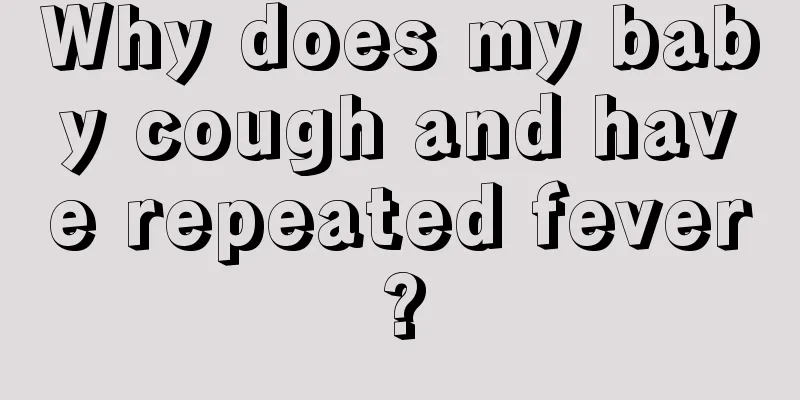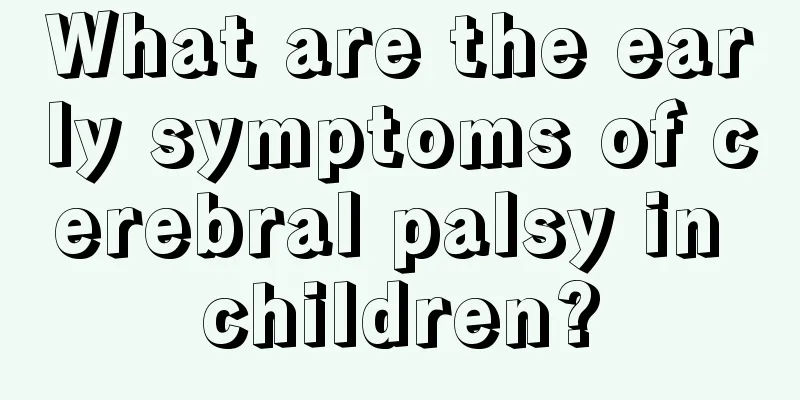Clinical manifestations of aspiration pneumonia in infants

|
Whether the baby can grow up healthily is the most concerned issue for parents. Once the baby has one disease or another, parents will be very worried. Therefore, we recommend that parents should have some knowledge of common infant diseases so that once the baby has a problem, they will know how to deal with it. Aspiration pneumonia is a type of pneumonia that occurs more commonly in infants, so it is necessary for us to understand the clinical manifestations of aspiration pneumonia. Pneumonia is one of the common diseases in neonates. Premature babies are more likely to develop this disease. Neonatal lung infection can occur before, during or after delivery. Before birth, if the fetus lacks itching in the uterus and inhales amniotic fluid, the disease usually occurs within 1 to 2 days after birth. During delivery, if the membranes break early, the labor is prolonged, or the fetus inhales contaminated amniotic fluid or birth canal secretions, the fetus may also be infected with pneumonia. But after the child is born, if there are carriers among the people the child comes into contact with, he or she is likely to be infected. In addition, the lungs may be infected through the blood circulation by sepsis, omphalitis, or enteritis. 1 The main symptoms are fever, cough, and wheezing. The onset of pneumonia can be acute or slow, and usually occurs a few days after an upper respiratory tract infection. The first symptom is fever or cough, with body temperature generally between 38 and 39 degrees Celsius. Adenovirus pneumonia can cause high fever for 1 to 2 weeks. 2 Weak babies may not have a fever or their temperature may even be lower than normal. 3 There will be coughing, choking or milk leaking from the nose. 4 Common symptoms include poor appetite, poor spirits, irritability, and restless sleep. 5 Severely ill children may experience symptoms of breathing difficulties such as flaring of the nostrils and bluish discoloration around the mouth, and may even develop respiratory failure or heart failure. 6 The sick child may also experience digestive system symptoms such as vomiting, abdominal distension, and diarrhea. In the above article, we introduced that parents are very concerned about the physical health of their babies. Since babies have relatively low immunity and resistance, they are prone to various diseases. The above article details the clinical manifestations of infant aspiration pneumonia. |
<<: Reasons for hot soles of baby's feet
>>: Reasons why children grind their teeth at night
Recommend
Why is the baby gasping for air?
Babies are still very small and have weak resista...
Characteristics of intellectual development of 2-year-old babies
The growth and development of the baby is the mos...
What causes frequent fever in children?
In the process of taking care of children, what m...
Why is my baby's nose blocked? It may be allergies
There are many reasons for a baby's nasal con...
Is it okay for children to eat grapes?
Children should eat more fruits because different...
Can precocious puberty in children be treated?
If we talk about precocious puberty in the past, ...
How long does it take for a child to crawl?
For little babies, they spend a period of time af...
How to count the respiratory rate of a newborn baby?
The birth of a child brings happiness to every fa...
What are the recipes for babies with zinc deficiency?
It is a common phenomenon that babies lack zinc. ...
Does a child's hernia require surgery?
There are many opinions on the treatment of herni...
What to do if a 2-year-old child has a high fever and convulsions
Colds and fevers are common diseases among childr...
How to effectively treat children's athlete's foot
Not only adults can suffer from athlete's foo...
What causes heavy breathing when sleeping?
Parents may be worried when their babies breathe ...
How to treat sinusitis in children
Sinusitis is a disease that cannot be completely ...
The dangers of flu vaccination for children
We think it is normal for children to get flu vac...









